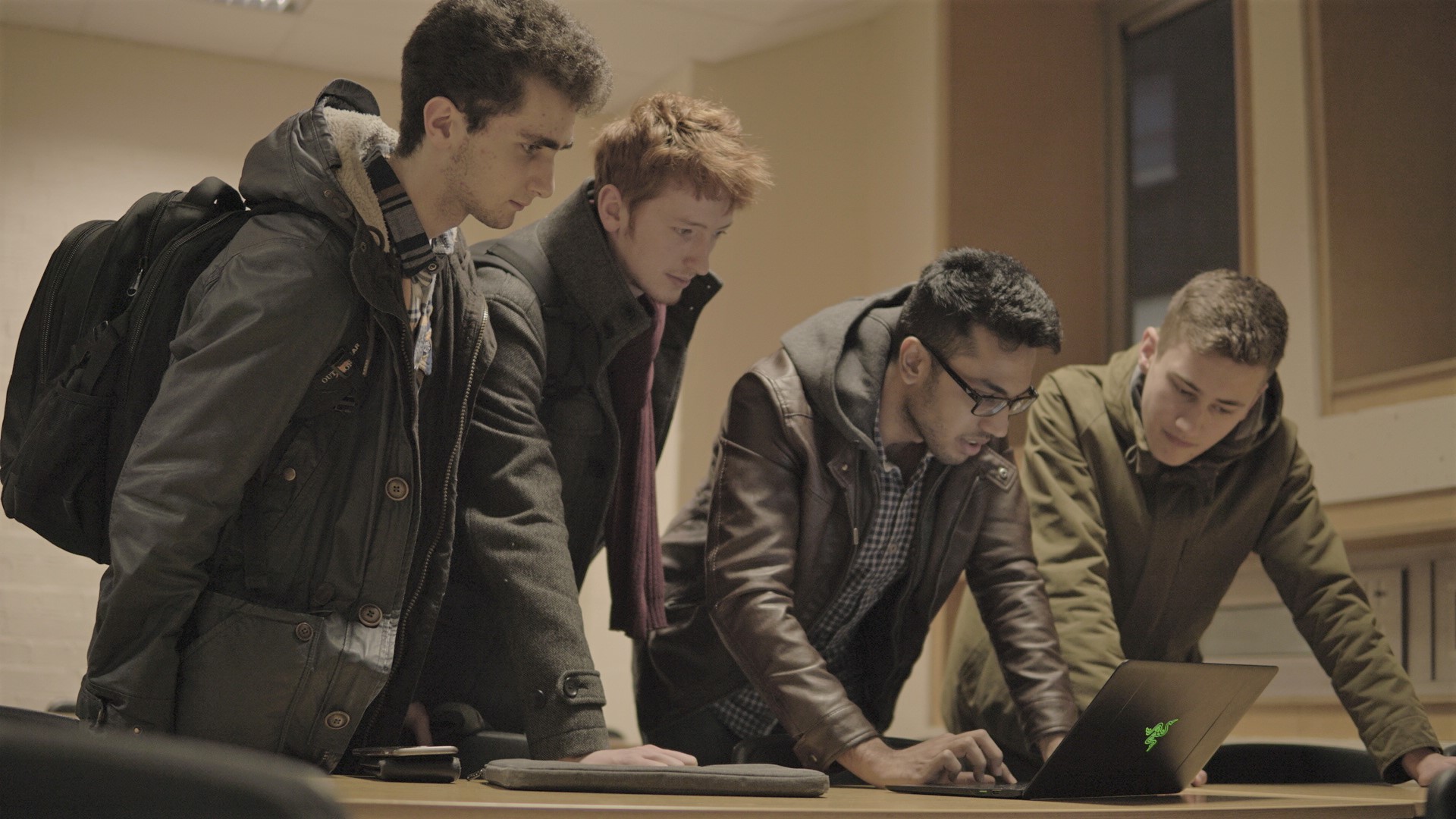One can only imagine a Formula race car zooming through Front Square in a typical Trinity summer’s day. But what seems like a fantasy is in fact in the process of coming to reality soon.
‘Formula Trinity,’ the College’s first motorsport society made up of 30 students, has been working actively all year finalizing and submitting its design for the Formula Student competition in Silverstone UK.
The competition is Europe’s most established educational motorsport competition, run by the Institution of Mechanical Engineers. Backed by industry and high profile academics, the competition aims to inspire and develop enterprising and innovative young designers.
Universities from across the globe are challenged to research, design, fundraise, build, test and pitch a formula-style race car under a fast paced and demanding environment. The car built and designed by the students will then be put to the test at the famous Silverstone Circuit in the UK.
Over 400 universities take part in the events around the world, with over 12,000 students participating annually. Formula Trinity was founded in 2017. The aim of the society is to represent Irish Motorsport abroad alongside DIT. The team is interdisciplinary, mimicking a real-life Formula racing style event.
The team hopes to commence manufacturing and sourcing of the vehicle parts this coming academic year. It has already managed to gain support from the automobile company BMW, the Trinity Association & Trust, tech companies such as MathWorks and Solidworks as well as through crowdfunding initiatives.
Team Captain Arnie Sasnauskas described it as “a tough experience, some days quite overwhelming and other days a little crazy”.
“But it’s amazing how everything comes together…If we play our cards right over the next few months, we hope to build a working race car. Eventually, the plan is to make Formula Trinity a hub where like-minded students can share ideas, explore skills and overall put classroom theory into practice.”
Luc Bellintani is a TSM Maths and Economics student: “Having come into FT from a non-engineering course, I was afraid of everything I didn’t know how to do. How to make a model of something on a computer. But the guys at FT really helped me to understand that you can come from anywhere and still be an asset to the team. You don’t need to know the intricacies of everything you’re working with…you just have to make it work. That’s problem solving, not jargon.
The society is non-profit and is entirely run by Trinity students, with guidance from the Department of Mechanical and Manufacturing Engineering.







